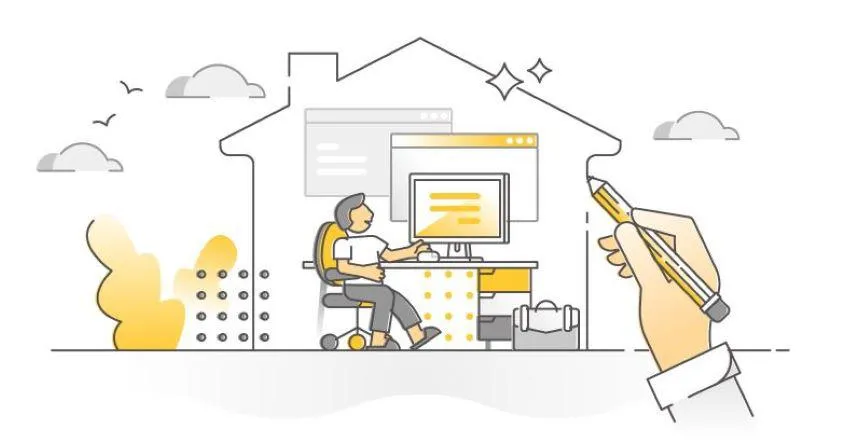Can flexible job design improve employment outcomes for people with fluctuating disabilities?

Our study explores how flexible job design could enable businesses to employ more people with fluctuating long-term health conditions (FLTHC).
Disabled people are nearly 30% less likely to be working than non-disabled people, and more than ever are not working due to illness.
Evidence shows that flexible hours and location of work can help with managing impairment effects, such as fluctuating fatigue and pain. Hence, this combination of flexibility, (‘FlexPlus’), can be essential for many disabled employees and jobseekers.
However, we know there are obstacles, not least the fact that only 8% of jobs were advertised as fully remote in 2023. This is despite new disability benefit restrictions premised on the widespread availability of remote working.
Our research explores employers’ perspectives on this mismatch between the supply and demand of ‘FlexPlus’ jobs. We will work with employers to develop a FlexPlus job pilot aimed at increasing employment opportunities for people with FLTHCs.
Read about what we've found so far
Project Team
Professor Ben Geiger
Professor Kim Hoque
Professor Ira Madan
Catherine Hale
Roberta Kirosingh
Aims
- Bring together four types of expertise at King’s, from three different faculties – social policy, business, occupational health - as well as lived experience.
- Identify existing best practices on flexible working for disability inclusion.
- Explore the feasibility of increasing the number of FlexPlus jobs on offer – jobs with flexibility around hours and location of work.
- Tackle the problem of health-related ‘economic inactivity’ from the much-needed perspective of the business community.
- Bring job design considerations into public debate, and explore the willingness of employers to offer flexible job roles.
- Develop a pilot intervention to help employers provide more FlexPlus jobs, and to evaluate the consequences for both disabled people and for employers (e.g. in alleviating skills shortages/increasing retention).
- Develop links with employers, policymakers and disabled people’s organisations to ensure that this intervention has real-world impact.
Methods
We are looking to interview a range of business leaders, HR professionals, Diversity, Equality and Inclusion practitioners, line managers and Disability ERG leaders about their experiences and views of remote working, work-time flexibility and disability inclusion.
The study will have two parts:
• Interviews with key informants in employers.
• Focus groups to test our initial intervention ideas.
Across the two parts of the project, we want to speak to 20-30 people from approximately 10 employers. We will work with the British Association for Supported Employment to recruit employers to the project
Impact
This research will enable us to:
Understand whether the obstacles to labour market engagement experienced by people with fluctuating long-term conditions could be addressed through organisational changes to job design, particularly regarding time and place of work.
Provide crucial evidence to policy makers on the structural determinants of labour market activation policies and programmes.
Support employers to pilot innovative strategies to diversify their workforce and access a hidden talent pool.
Principal Investigators
Affiliations
Funding
Funding Body: King's Together Seed Fund
Amount: £19,678
Period: January 2024 - October 2024



